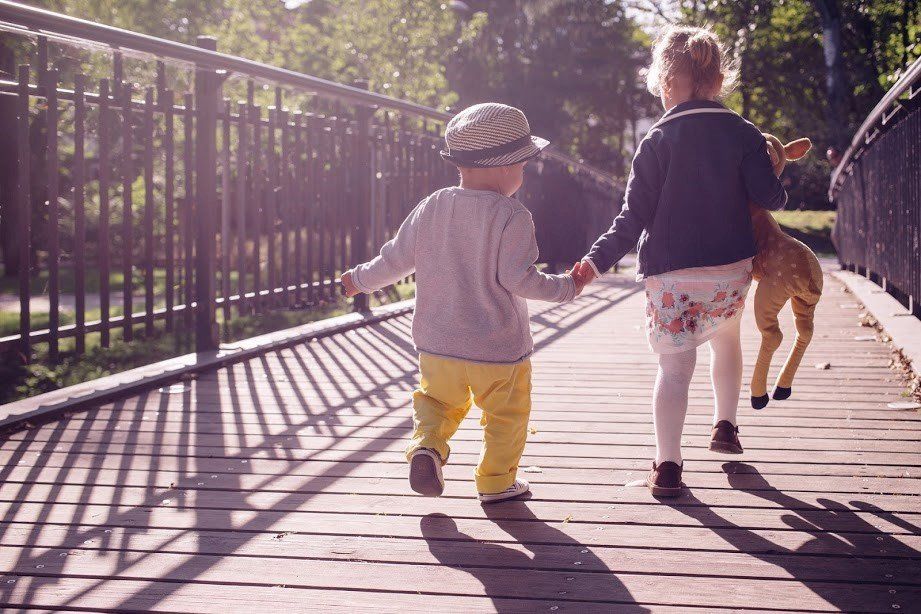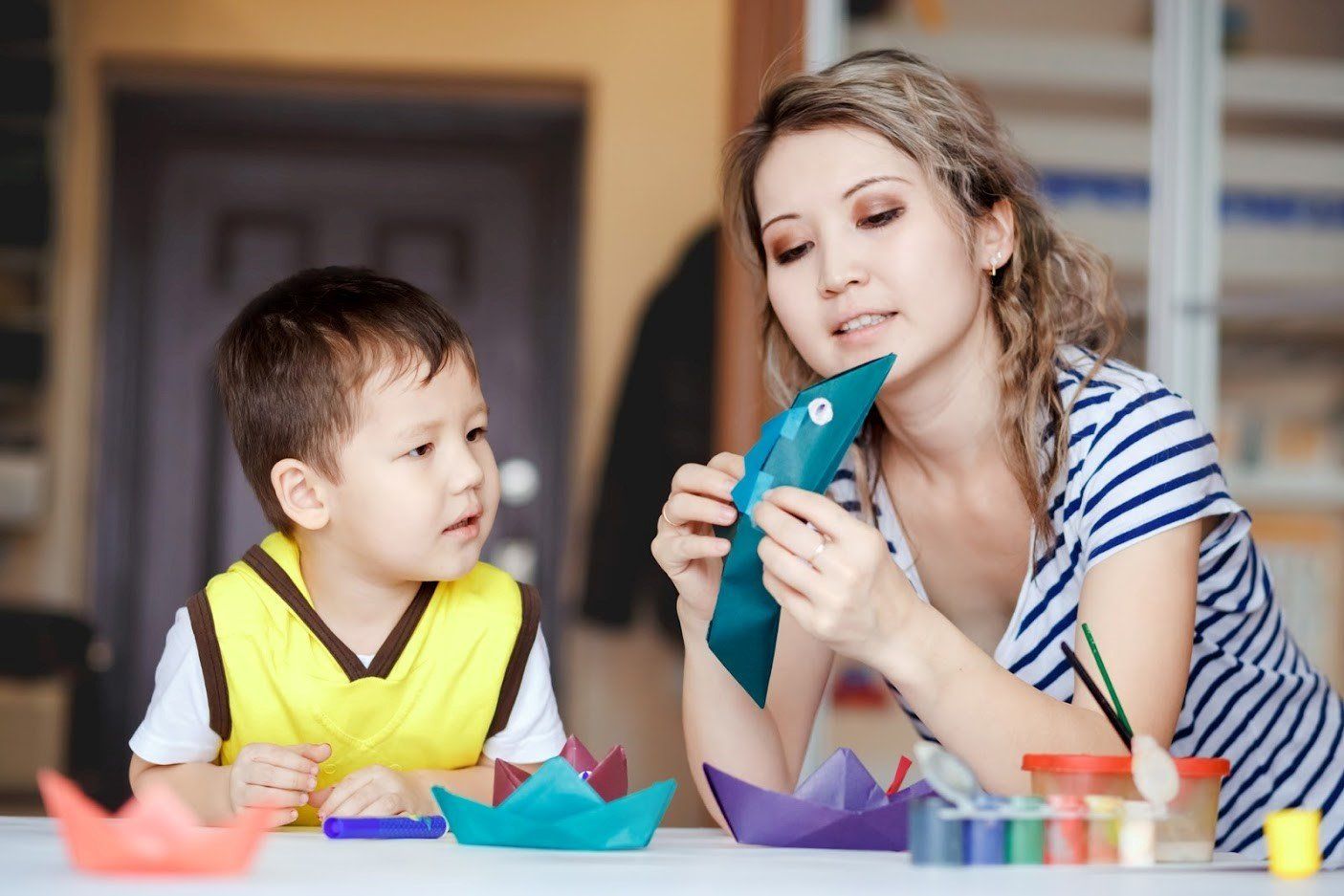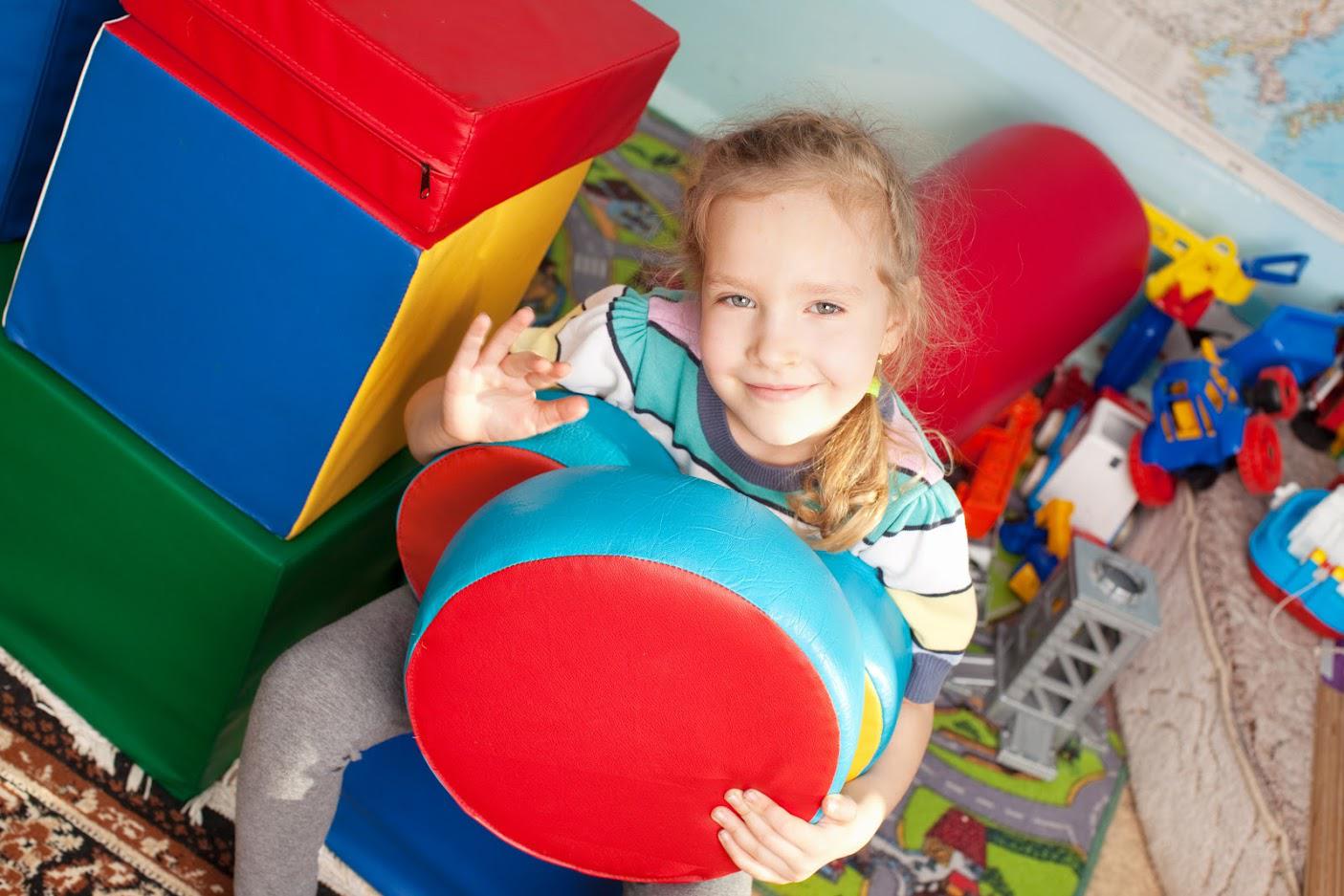Your Child, Anxiety, and the Parent-Teacher Partnership: What to Know
Does your young child seem stressed or anxious? Major events and the changes a new normal require could lead to nervousness and anxiety. But that doesn't mean your child should or needs to live in fear. Take a look at how parents and preschools can work together to help children feel comfortable and confident.
Should You Worry About Your Child's Worrying?
You likely want your child to stride into daycare in the most fearless way possible. In an ideal world, fear, stress, and anxiety wouldn't exist. Even though you might want your child to live a completely stress-free life, some level of anxiety or nervousness is normal — especially if:
There is a major life event. This could include anything from the pandemic to a divorce. Any major change or upheaval in your child's life is likely to cause at least some stress. Anxiety or nervous behaviors are normal reactions to these out of your child's control situations.
There is a new transition. Is this your child's first day of daycare or their return to preschool after weeks or months at home? A change, such as the home-to-school transition, can cause stress or anxiety. Again, this is also a normal reaction.
There is a developmental reason. When infants develop the ability to understand object permanence and toddlers start to seek independence, they may also develop separation anxiety.
While any level of anxiety may seem worrisome, stress related to these causes is normal and often expected. If you have concerns about chronic stress, unexplained anxiety, or a developmental issue, talk to your child's teacher or pediatrician. The early childhood professional can help you to better understand your child's behaviors, offer encouragement, and provide you with referrals if needed.
Should You Discuss Stressful Events With Your Child?
Does your preschooler know something is different? Whether they overhear the news or notice a change in their daily life, the new information or transition may make them nervous. How can you help them to handle their anxiety? Unlike an older child, teen, or adult, a deep discussion may not successfully stop the stress. But this doesn't mean you should ignore your child's questions or anxieties.
You can help your child to overcome their temporary anxiety and feel happy and confident again. To discuss touchy topics with a young child in a way they'll appreciate and understand:
Stay calm. Your child can feel your fear or worry. Stay calm as you discuss any stressful situation. Even though you may feel anxious too, present your child with facts and not your emotional opinions.
Use simple language. Stick to language that's on your child's developmental level. Avoid jargon or long words. These may make your child lose interest or confuse them.
Reassure your child. Let your child know you're there for them — and so are the other adults in their life (such as their teachers).
Ask for questions. Whether your child suddenly has to wear a face mask to daycare, has a new teacher, is moving to a new school, or has another major change in their life, they likely have questions. Open the discussion up to any question your child has.
If you're still not sure how to talk to your preschooler, ask the educator. Their teacher can start a conversation during the daycare day or give you a few simple prompts to use at home. This type of parent-teacher partnership can help your child through temporary anxiety, make the preschool day easier, and give your child the confidence they need to succeed at school and at home.
Want to help your child start daycare or preschool successfully? Contact Small World Early Learning & Development Centers to learn more.










